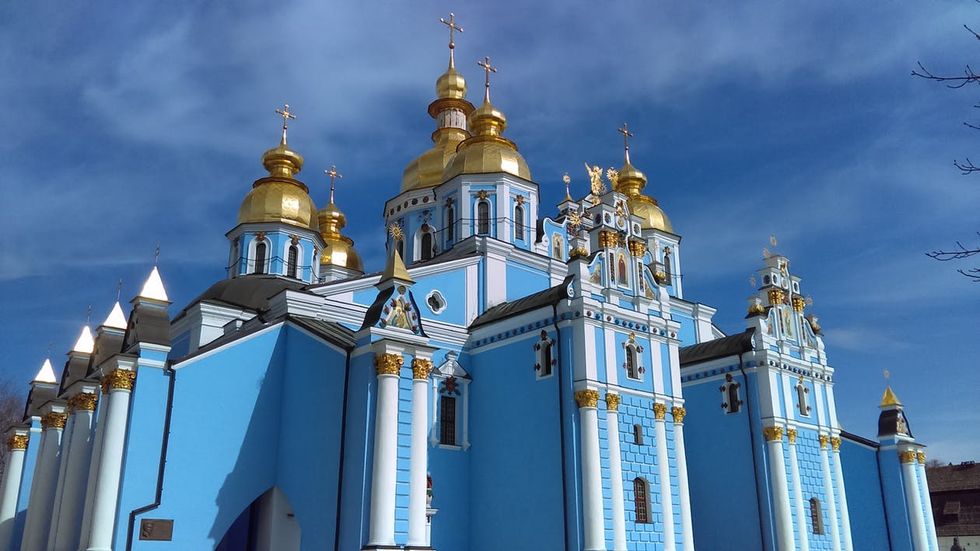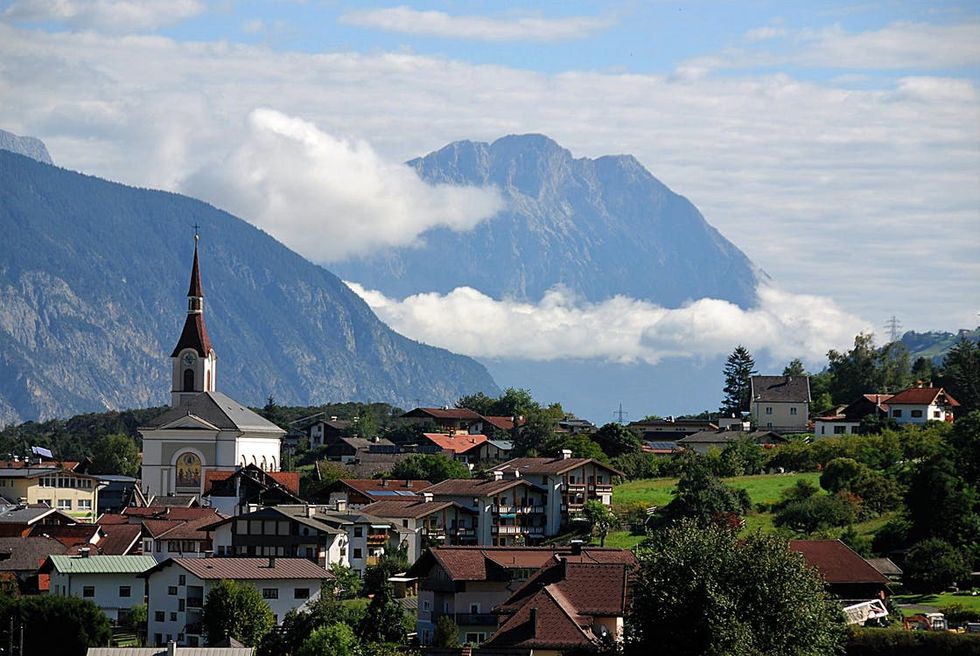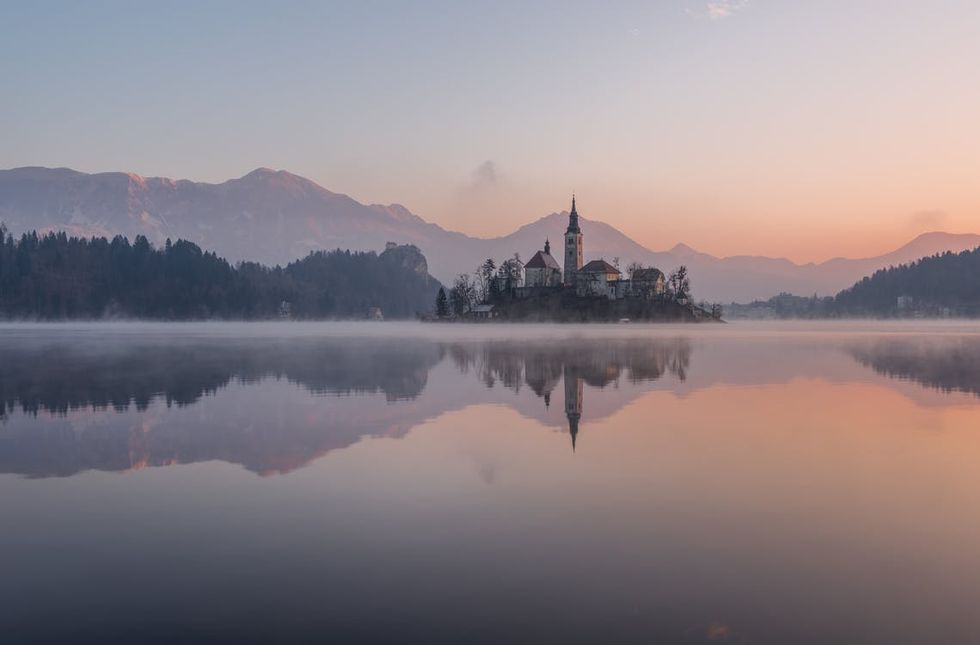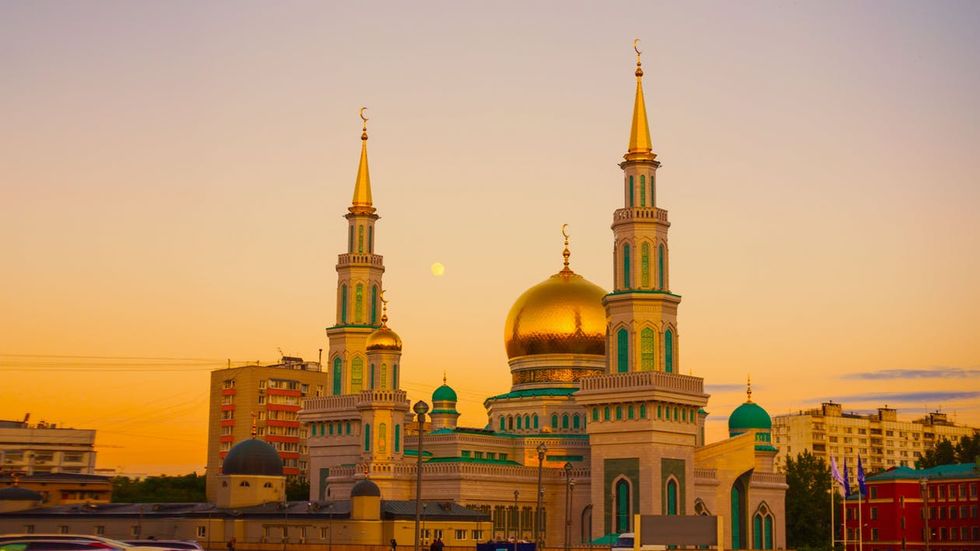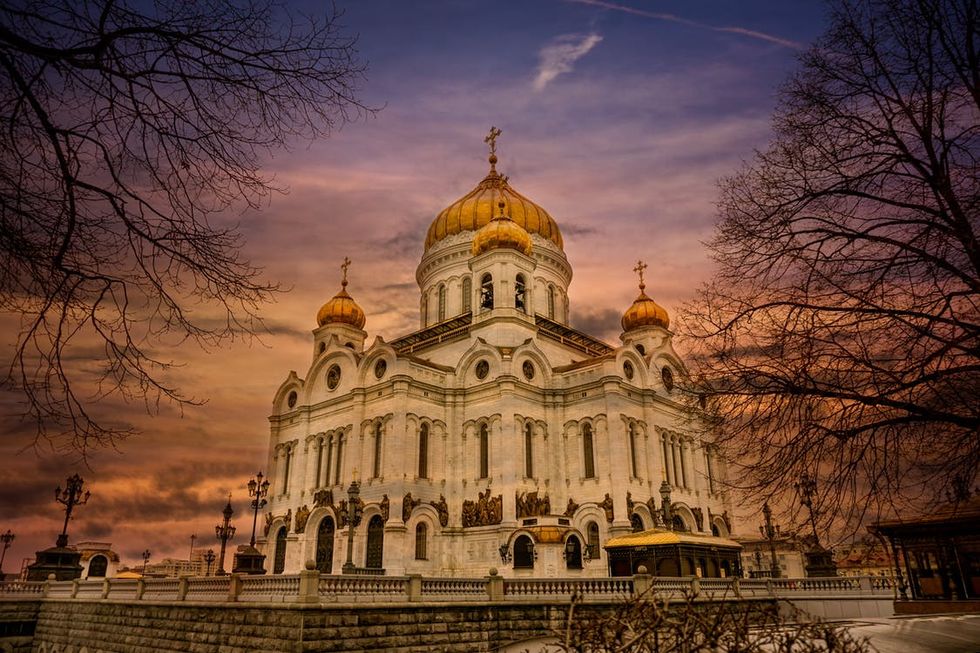Amid the devout sense of nationalism and societal order we see today in modern Europe, its history may not have been so pristine and precise. Filled with bloodlust, religious tolerance and constant warfare, the turning point for European history must have been the rise of new monarchies during the 16th century that facilitated greater exploration, new innovations, boosted economy and centralized authority that ultimately led to the sense of nationalism and sovereignty between the states seen today.
Beginnings Of Eastern European Absolutism
From the start of the Thirty Years War from 1618-1648, the constant feuds between the Holy Roman Empire house of the Habsburgs and states such as France, Spain and England, severely weakened the monarchy through loss of population, economic downfall, especially in Germany and inevitable debt. In addition, the Bubonic Plague of the 14th century created tremendous labor shortages and decline of the reputation of the church.
In Eastern Europe, absolutism began to develop after a period of instability, which ultimately led to the resurfacing of serfdom between 1500-1600, a system of being a feudal laborer under the command of the nobility. Lords demanded that kings and princes issue laws that restricted peasant mobility and tied them to their jobs as the ensure their participation in the labor force. In Russia, non-serf peasants were also affected under the robot in which they had to work three to four days without pay. Hereditary serfdom was re-established in Poland, Russia and Prussia, thus giving more power to the nobility and revenue for the monarch. This created the ideal that monarchs needed the nobles to retain their status as Eastern Europe was closed off in isolation during the rule of the Mongol Yokes, especially in Russia.
Austrian Rise (Hapsburgs) v.s. Ottomans
As the ruler of Austria retained the title of Holy Roman Emperor, Austrian land included parts of Naples and Milan in Italy, Belgium, Hungary and Transylvania in modern day Romania. After the Spanish wars of succession from 1701-1703, the Spanish throne was then occupied by the Bourbons of France under Henry of Navarre, causing the loss of land for the Hapsburg Empire. Thus, they turned inward and westward in an attempt to unify the state and consolidate its diverse holdings. Reorganizing Bohemia was the first step toward absolutism. Under the rule of Ferdinand III ( 1619-1657), the HRE was provided a permanent standing army and increased revenue for the monarchs under serfdom, centralizing the old hereditary provinces of Austria Proper. The Ottomans were under the rule of Suleiman the Magnificent who used slaves and armies to conquer the heart of Europe. Under Leopold I of 1658-1705, the Siege of Vienna successfully removed the Ottomans from central Europe, weakening the sultan's rule and expanding the Hapsburg even further. Under Charles VI, the Pragmatic Sanction of 1713 issued a claim that Hapsburg possessions had to be unified in order to be successful; therefore, Maria Theresa inherited all the lands of the Hapsburgs under single rule for 40 years. This was the beginning to a more centralized and strengthen monarchy.
Prussia under the Fredericks
Brandenburg was the absolute basis for absolutism in Prussia. Though part of the HRE, it was rarely influenced by international affairs. Years of dynastic marriages thus allowed the Hohenzollerns, very wealthy landowners, to come into power, effectively weakening the power of the Estates, Prussian representative bodies and the nobility. After the devastation of Brandenburg with the invasion of the Tartars of Russia, over 50,000 were killed. The Estates and noble power were now in need of money for a larger army and refused to join representatives of towns resisting royal power. "The Great Elector" was now able to step forward to unify the lands of Brandenburg, Prussia and Rhine holdings.
The Great Elector consolidated the greatest military in Europe through heavy taxation by decree with no noble exemptions, military order of tax collection which expanded the bureaucracy and encouragement of trade and industry by attracting skilled craftsman and Dutch farmers. The Estates controlled by the Junkers were weakened without the power of the purse and a new militaristic society was created.
Frederick William I was the successor who ultimately brought Prussia to its height. Infusing militarism into Prussian society, he created a very disciplined state and doubled the size of the army. More than 80% of the government's revenue went into the military, removing local autonomous governments as each region had to pay taxes to him. The Estates were abolished and the Junkers were now listed into the army and the new nobility were now chosen based on merit, not lineage. The Junkers now agreed the taxation as they could command peasantry in the army and other serfs. This allowed the expansion of monarch absolutism as he had no noble opposition, and other commoners were too weak to charge against. This reign became the first example of absolutism in Prussia.
Russia The Great
Russia's development was lagging behind that of Western Europe. After the Thirty Years War and Peace of Westphalia, the HRE was extremely decentralized and Russia did not benefit from any initiative or incentives from the rest of Eastern Europe. Additionally, the Mongol Yoke until 1330 cut off Russia from Europe. Though not directly occupied by the Mongols, nobility and monarch had to pay tribute to Mongols in order maintain peace. The rise of the Islamic State and Ottomans also posed a threat to centralization and trade.
In the midst, Ivan I (1328-1341) became extremely wealthy. When the city of Tver revolted against Mongol rule, Ivan I went to the city Mongol authorities who then placed him in charge of the Mongol-Russian army to defeat Tver. After Tver's defeat, the Mongols deemed Ivan I as the Great Prince and the tax collector for all Slavic lands. Additionally, because of his newfound status, Ivan I was able to bring the metropolitan city of Kiev to settle in Moscow, which brought him and the Russian Orthodox church more power and wealth.
Ivan III, became the new absolutist ruler who undermined the power of the Mongols. By acknowledging him as the supreme ruler, not the Khans, and strengthening the status of the Russian Orthodox Church, Ivan III elevated the Muscovite authority.
However, Ivan IV, better known as Ivan the Terrible, took the title as czar and absolute ruler. He gained much territory from the Black Sea and Baltic Region, opening Russia to some seaports. He also encouraged the Westernization of Muscovy through trade with the Netherlands and England, bringing more revenue to Russia. The Boyar nobility had to serve the tsar through taxes and were murdered in secret. Peasants fled his harsh taxation and formed the Cossack coalition of outlawed armies and free formed groups. Serfdom increased dramatically and merchants were tied to their jobs for easier taxation. This was a sharp contrast to Western capitalism.
Under the Romanov dynasty through Ivan IV's marriage to Anastasia Romanov, Michael Romanov became ruler from 1613-1645. He favored noble authority and ground peasants further down, leading to various revolts. The Church was now threatened by new Lutheran and Calvin beliefs, leading to more instability. Wars raged between the Cossacks and Boyars, causing Russia major influxes but Russia had more stability in comparison to Ivan III's rule.
Peter the Great became the ultimate form of absolutism in Russia. From 1682-1725, he led numerous reforms to unite Russia together and move it toward more powerful centralization like the ones of France. In an attempt to westernize Russia, Peter created a militaristic society and modeled the army after that of Prussia. Noble authority was limited as they were required to serve in the military. He also wanted to look for warm water ports for trade and commerce. Thus, he built numerous ships and opened universities where people could learn the correct etiquette of royalty. He went on expeditions to Western Europe and brought back new technologies and craftsman to build large factories, where peasants were also assigned to work. Taxation by decree was evident and there were no representative bodies. Landowners owed lifetime service to the czar in return for greater control over serfs. The Russian Orthodox Church lost its supremacy as Peter removed the replacement of patriarchs, giving authority to the state. One of Peter's greatest accomplishment was the building of westernized cities such as St. Petersburg, which advocated his greatness. His reforms thus lead to absolutists views and helped bring Russia closer to mainstream Europe.


